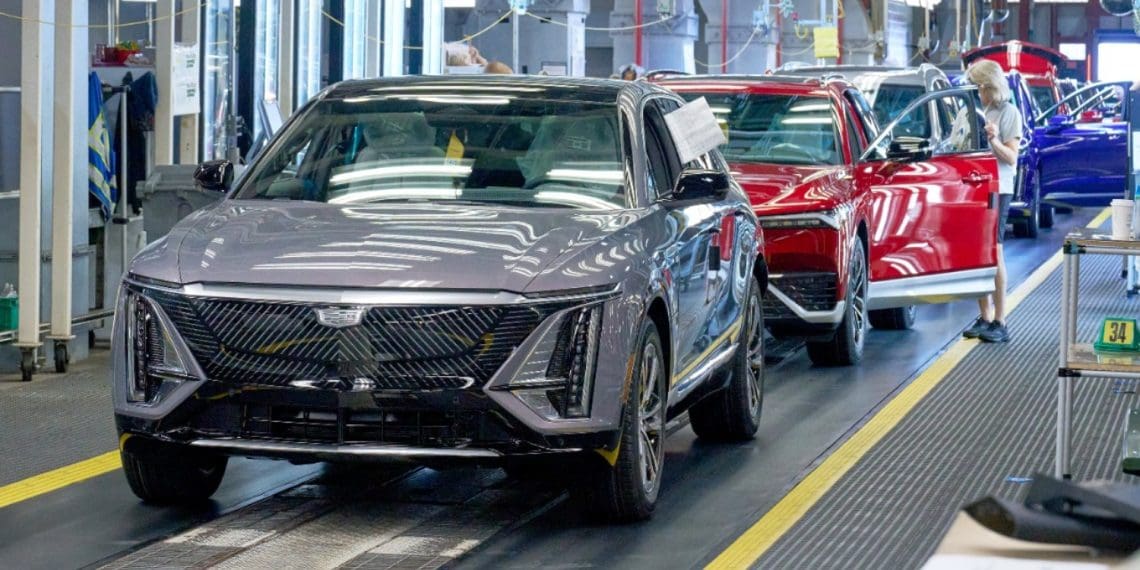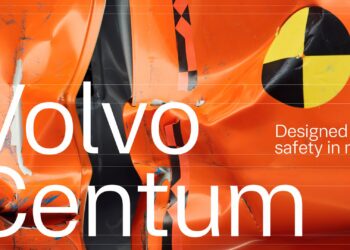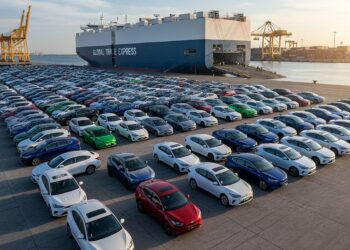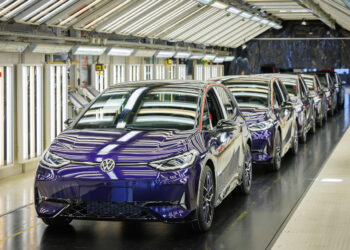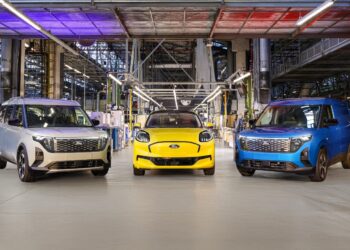Japan is considering relaxing automobile safety standards and allowing American cars to drive on Japanese roads.
The news, reported by the Japanese newspaper “Nikkei,” comes in the wake of negotiations for a trade agreement with the Trump administration, and after Japan’s chief negotiator, the Minister for Economic Revitalization, Ryosei Akazawa, began discussions on tariffs with his American counterparts in Washington last week, while preparations are underway for a second round of negotiations.
It is worth noting that American automakers have long complained about barriers blocking access to the Japanese market, including stringent safety standards.
Last month, a report from the United States Trade Representative, Jamieson Greer, cited Japan’s refusal to accept U.S. safety certification standards, arguing that they do not guarantee a level of protection comparable to Japan’s unique standards and testing protocols, thus posing obstacles to the establishment of distribution networks and services by the American automotive industry.
However, the same publication indicates that the Japanese government under Prime Minister Shigeru Ishiba believes there is room to relax some of the country’s stringent automobile safety standards, such as regulations concerning accident safety testing.
Remember that Japan, like other countries, also faces a 25% tariff on the import of automobiles, steel, and aluminum, imposed by the U.S. administration.

